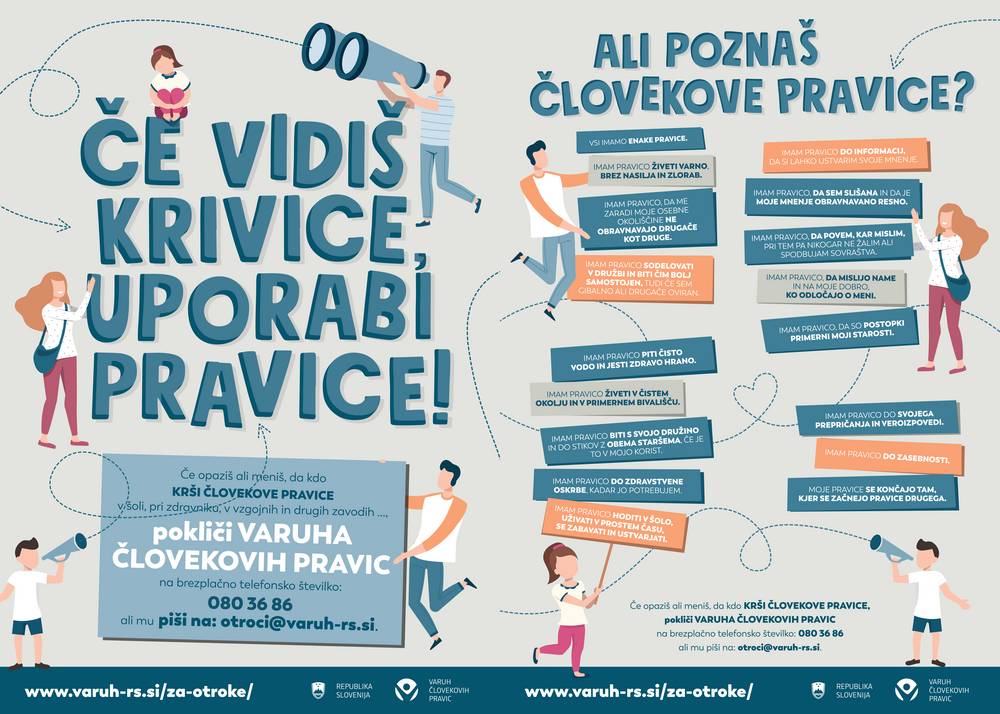Pandemic increased the risk of violence, women from groups vulnerable particularly at risk
Date of article: 25/11/2020
Daily News of: 27/11/2020
Country:  Serbia
Serbia
Author: Protector of Citizens -Ombudsman of Serbia
Article language: en
On the occasion of the International Day for the Elimination of Violence against Women – 25 November, the Protector of Citizens, Zoran Pašalić, shed light on the fact that the living conditions imposed by the pandemic increase the risk of violence against women and stressed that rural women, women with disabilities and Roma women, who had been in a vulnerable position before the pandemic, faced the most challenges.
“Fears, uncertainty, poverty and economic insecurity increase the risk domestic violence and violence against women surge, which may result in tragic consequences. I therefore reiterate my call to local governments to allocate funds to allow victims of violence to be examined immediately by a forensic doctor in order to establish the link between the violence and the consequences”, Mr. Pašalić stated.
The Protector of Citizens highlighted that special attention should be devoted to the protection of vulnerable groups of women, as well as to improving and developing community services through which women in a situation of violence will be provided all kinds of support and assistance.
Mr. Pašalić stated that the competent authorities should fully implement the Law on Prevention of Domestic Violence and work on raising public awareness of the absolute inadmissibility and punishability of gender-based violence, as well as that Safe Houses and other forms of alternative accommodation should be available to victims of violence, as well as other measures of assistance and support.
The Protector of Citizens also highlighted the need to adopt the National Strategy for Prevention and Elimination of Violence against Women in the Family and in Intimate Partner Relationship and the accompanying Action Plan and to the need to harmonize the Criminal Code with the Council of Europe’s Convention on Preventing and Combatting violence against women and domestic violence.
For more than 20 years, the campaign has been conducted every year in about 100 countries around the world “16 Days of Activism Against Gender-Based Violence” where 1,700 organizations are taking part. The campaign starts on November 25 - International Day for the Elimination of Violence against Women and ends on December 10 - International Human Rights Day.
November 25 has been designated for the date of the International Day for the Elimination of Violence against Women, as the day of remembrance for the Mirabel sisters (Patria, Minerva, and Maria Teresa) who were brutally assassinated by the dictator Rafael Trujillo in the Dominican Republic. Two decades later, in 1981, this date was designated as the International Day for the Elimination of Violence against Women at the first meeting of Latin American and Caribbean feminists (Feminist Encuentro) in Bogotá. The United Nations put it on the official agenda in 1999.



